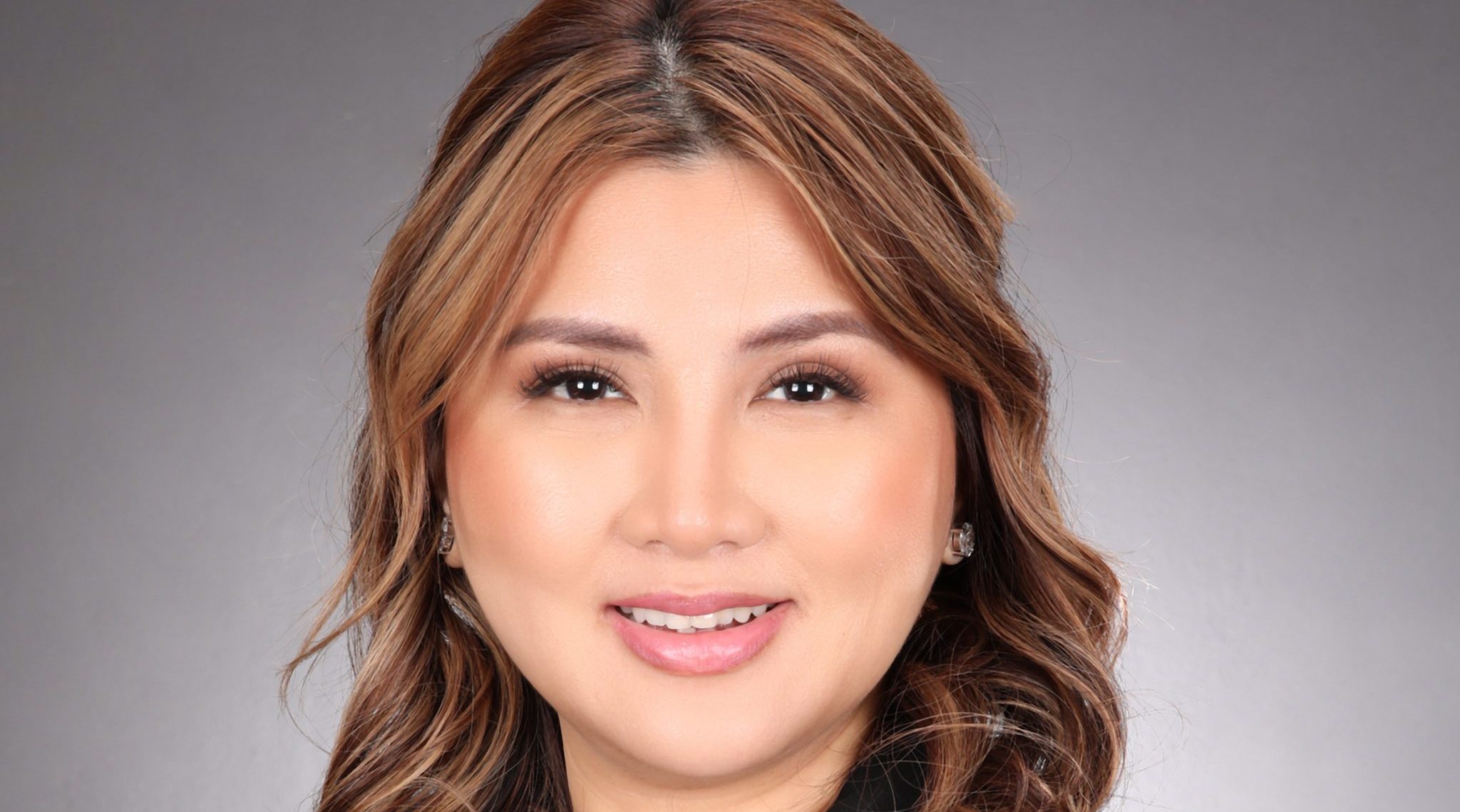Merj Chu is a successful entrepreneur and the owner of Angel Connection Nursing Services, a home care company that provides a variety of personal care services, including in-home companionship and care, respite care, transitional care, hospice services for the elderly, and after-surgery care for people of all ages. The core mission of Angel Connection Nursing Services is to deliver the best possible care to its clients with dignity and professionalism. The company is headquartered in Long Beach, California.
Born and raised in the Philippines, Merj Chu’s ethnicity is half Filipino and half Chinese. Throughout her life she has excelled in academics, culminating in her completion of a Bachelor of Science degree in Respiratory Therapy. During her studies, Merj also played a significant leadership role in several extracurricular activities. After graduating from college, she worked as a clinical instructor for a period of time, imparting her knowledge to groups of students studying in the same field. When she eventually moved to the United States, Merj began working as a caregiver in order to augment her income before founding Angel Connection Nursing Services.
What do you currently do at Angel Connection Nursing Services?
I’m responsible for all the major corporate decisions as well as the overall operation of the company. I do have an operational manager and a business manager, but as the owner of Angel Connection nursing Services, I’m in charge of making sure that the company meets its daily goals.
What defines your way of doing business?
When I wake up each morning, I think of what I do as a necessary and honorable service. I talk to my staff and see if there are any challenges they’re facing or if there’s any advice they need. The key is to provide service not only to the clients, but to the staff within the organization, as well.
What keys to being productive can you share?
I plan everything ahead of time and I maintain a daily checklist of tasks that must be done. Within that list, I indicate which tasks have first priority, and that includes things like important phone calls, concerns about clients, and concerns about care providers. By the end of the day, if I’ve addressed all the major concerns on the checklist, I consider that day to have been a productive one.
How do you measure success?
There are several metrics of measuring success, but ultimately, it depends on your own personal definition of success. In my view, the more you become resilient, the more successful you are. I’ve always thought self-examination was a valuable instrument in examining success, as well—once you achieve a goal, you go back and get to know yourself a little. Ask yourself how you achieved something, or alternately, why you didn’t achieve it. What were your obstacles and challenges? I think that greater success is achieved as you get to know yourself better.
What’s the most valuable lesson you’ve learned throughout the course of your career?
I’ve learned that when problems arise, you need to be patient and lower your tone—even if you’re upset. It’s also very important to control your mind. Business owners can get overwhelmed because there’s so much to do on any given day, but if you’re able to control your mind, then you’ll be able to control your responses, and ultimately meet your goals.
What advice would you give to others aspiring to succeed in your field?
I would tell anyone considering a career in home care to focus on developing both their soft and hard skill sets. Important soft skills include compassion, communication, and building interpersonal relationships, while important hard skills include things like accounting and becoming proficient with industry-standard software. It’s crucial to invest in yourself in these ways.
How would your colleagues describe you?
I think some would say that I’m strict and straightforward, but they would also say that I’m a very generous person with a big heart.
How do you maintain a solid work life balance?
I think you need to know your priorities, so you can better balance everything. For me, my biggest priority is family. I want to be there when my daughter wakes up in the morning and I want to be hands-on with everything important in her life. Although it’s difficult to accomplish this while simultaneously running a business, it’s well worth the effort. It’s all about time management.
What is one piece of technology that helps you the most in your daily routine?
I think it’s my cell phone. I use it for everything from keeping in touch with others to paying bills.
Who has been a role model to you and why?
My father has been a fantastic role model because of how hard he worked when I was younger. In the Philippines, we weren’t rich, but we always had food on the table, and he was able to provide me with an allowance. Obviously, there were a lot of challenges for our family back then, but vividly I remember my father talking to me and my siblings about life and feeding us with one spoon to help us grow closer. Even though money was tight, we were raised in a loving, supportive environment.
What is one piece of advice that you have never forgotten?
“Live in the moment.” A lot of people are worried about saving and doing this or that for the future, but I think we get so focused on the future that we end up forgetting to enjoy the little moments that are happening right now.

